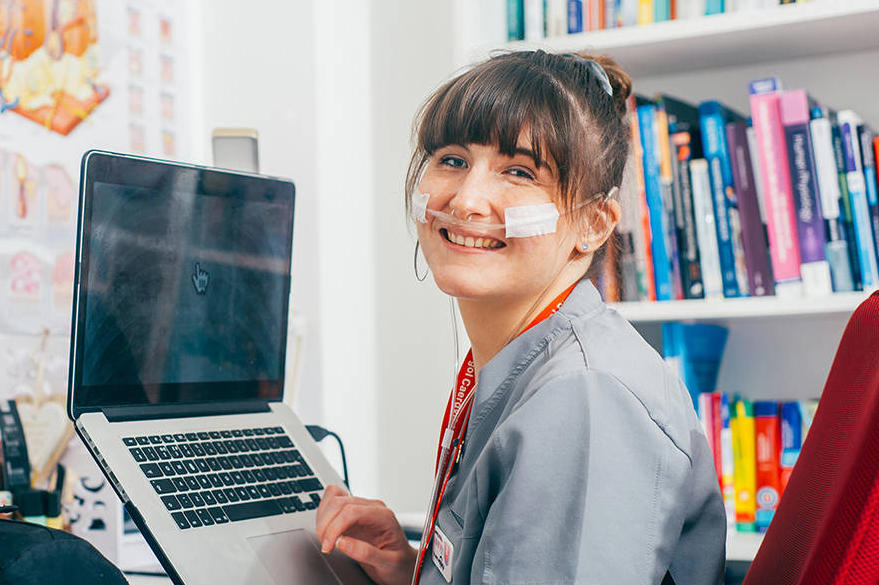My first, and perhaps worst, near-death experience was when I was in a coma in Italy in 2018. My parents were essentially told I would ‘return home in a box’. I was in ICU for three weeks with respiratory failure, pneumonia and sepsis, and I suffered awful delirium; I still get flashbacks.
When I consider how many times I’ve been so close to the brink, I am reminded life is precious and I am incredibly fortunate to still be able to do most of the things I love. My mantra is: we need to embrace life as much as we can, regardless of our past, the what-ifs and our circumstances.
After a traumatic event, you appreciate life so much more, such as the emotional connections you have with people, or daylight and fresh air. You will remember the smallest act of kindness, like a hand-hold, for a lifetime. I’ve also found that it has helped me let go of the things that don’t matter, like the drifting of relationships or materialistic stuff.
As for anyone who has had a traumatic experience, it still catches you when you least expect itAlexandra Adams
I will admit I sometimes feel I have been dealt a very unfair hand in life but I also see that my health crises have given me a unique insight into patients’ experiences that not many other healthcare professionals have. When you are a patient, on the other side of the bed, you become an outer shell of yourself, fragile, vulnerable, frustrated and powerless. I deem that insight my most precious gift, something which I am very grateful for and empowered by.
But empathy can make things harder too – especially when I come across another patient who is going through the system without the necessary support networks or with inconsistent care, which have been my experience. It only makes me more frustrated and upset, for them and for myself. But it’s also a reminder why I’m training to be a doctor.
And, as for anyone who has had a traumatic experience, it still catches you when you least expect it. I had to go back to ICU (as a medical student) last term, to see a patient, and I found myself experiencing flashbacks, completely out of the blue.
Focus on support
My own experiences have also reaffirmed to me that, as an NHS, we really lack in providing sufficient mental health support for patients. It can take people years to come to terms with a traumatic or life-changing event or illness.
Soon after my ICU stay in Italy, I was on a ward round when I met a patient who had just come out of ICU and was feeling distressed and traumatised. I was able to comfort and reassure her, and signpost her to a local ICU patient support group who had helped me. I’ve developed a passion and ‘calling’ to help support and improve care for other patients who’ve gone through similar experiences to mine, post-ICU.
 ADAMS: We need to embrace life as much as we can
ADAMS: We need to embrace life as much as we can
I don’t yet have all the answers to what’s going on with my health, and I still don’t have a team that will take responsibility for me, so the future can feel quite uncertain. I’ve been very lucky to ‘bounce back’ from all these blips before, but we’ve realised it’s a progressive thing and ‘bouncing back’ might not always happen, which hits home quite a bit. I choose not to wallow or let it weigh on my mind, but I think my parents worry.
Passing on
Dying is the one thing that we all have in common and it’s important to break down the taboos around it. Currently, we receive so little teaching on dying/end of life in medical school, and I fear that, with so much focus on saving lives, we will become completely ignorant to the fact that sometimes dying a good and dignified death is far better than extending and advancing life.
I choose not to wallow or let it weigh on my mind, but I think my parents worryAlexandra Adams
I am interested in specialising in palliative care one day because it is so patient-centred, holistic and strongly focused on helping patients to conserve their dignity, take control, and lead by their wishes and goals.
It also remains one of those specialties where, excuse the irony, I can best use my eyes and ears, as a deafblind person, to understand and support the patient perspective.

